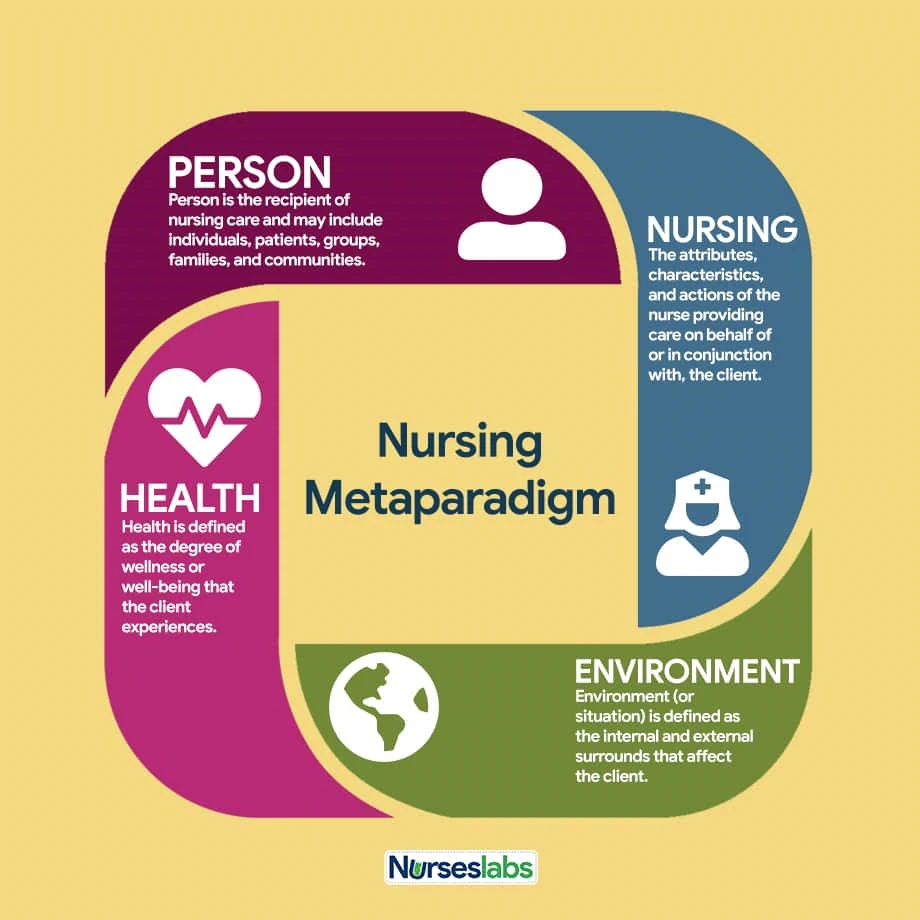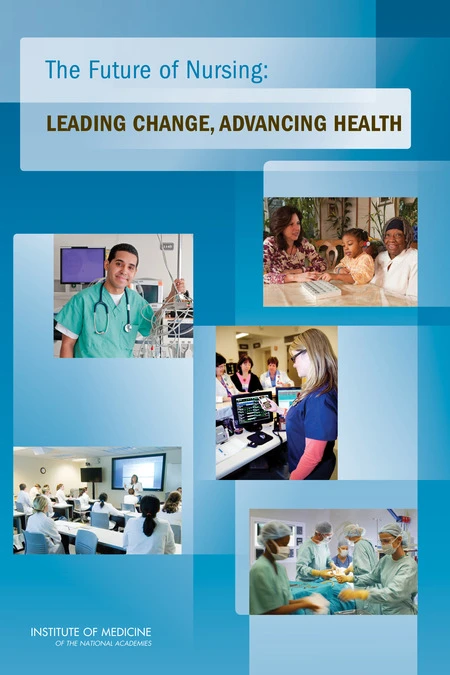Nursing Department
STRATEGIC PLAN
THE COLLEGE OF NURSING
PROGRAM VISION: A center of excellence in Benedictine Nursing Education
PROGRAM MISSION: To develop nurses whose social orientation, scientific competence, and Christ-centred values strengthen and transform the health of individuals, families, and communities worldwide and uphold the culture of excellence in Benedictine Nursing Education
PHILOSOPHY: Extending from the SSCT thrusts, the College of Nursing is committed to excellence with a focus on the four pillars of professional nursing: education (Quality Instruction), scholarship/research (Research), service (Community Outreach), practice (Christian Formation) and leadership. We believe that the four concepts foundational to the nursing meta-paradigm: nursing, person, environment, and health, guide us in our commitment to excellence.

Nursing: SSCT CON believes that the profession of nursing is a holistic health care discipline that is essential to society.
Person: SSCT CON believes persons are holistic individuals, populations, and/or aggregates with commonalities and differences. We respect the dignity of all as we practice the art and science of nursing.
Environment: SSCT CON believes that the environment is a dynamic multidimensional phenomenon that influences health which exists internally and externally to the person. Nursing seeks to support the health of individuals, families, communities, and populations within local, regional, and global contexts.
Health: SSCT CON believes that through leadership, scholarship/research, education, and practice, we promote and restore health, facilitate healing, improve the ability to cope with illness, reduce suffering, and support persons during the life cycle. We recognize the World Health Organization (WHO) definition of health as a state of complete physical, mental, and social well-being and not merely the absence of disease or infirmity (WHO 1948). We acknowledge factors specific to this region’s heritage that influences health and are manifested in disparities related to rural, urban, and underserved populations; the increasing diversity of our populations; the high morbidity and mortality rates for many conditions; and access concerns for primary, secondary, and tertiary health care in the region.
Pillars of Professional Nursing

Education: The foundation of nursing education is focused on the four nursing concepts of nursing, patient, environment, and health. Education occurs on a continuum, which involves faculty-student partnerships that embrace life experiences and encourage lifelong learning. Learning is an interactive pedagogical dialectic that enables the student to think critically, problem-solve, make clinical judgments, and practice independent decision-making that encompasses a holistic approach to health.
Scholarship/Research: Scholarship/research is a cornerstone to the continual development of the profession. It is grounded in the four nursing concepts: nursing, person, environment, and health. Scholarship/research embraces multiple ways of knowing which allows for the discovery, dissemination, and application of new knowledge. Manifestations of scholarship/research are evident through education, practice, policy formation, and leadership within the profession.
Service: Service is core to the work of Nursing as a practice discipline. Service occurs in interaction with our patients, the communities we serve, the discipline of nursing, inter-professionally, our students, and with multiple other constituents. Service may be local or global, short-term or long, and occurs at a variety of levels of complexity. Service is grounded in the core values of the profession and includes attention to improved health outcomes, social justice, access to care, and building collaborative partnerships across our domains of concern. Service provides an important vehicle for leadership and sharing our collective expertise.
Practice: Practice is the application of the nursing metaparadigm in actions/interactions designed to encompass health holistically. The nursing practice focuses on health and is accomplished through caring relationships and partnerships with individuals, families, communities, and populations. Our practice is grounded in and continually informed by multiple ways of knowing, innovations, established and emerging evidence, and human need. As a practice discipline, Nursing enacts the principles of the metaparadigm through dynamic interactions designed to protect, promote, and optimize the health of persons and communities we serve.
Leadership in Nursing: Leadership demands that we confront what is and inspire a vision for change and transformation. Leadership requires courage, energy, acceptance, and direction as we educate, practice, serve and generate knowledge toward improved world health and well-being. Through leadership, we compose and implement strategies for improving health, advancing the discipline, advocating for our patients, and changing lives. Leadership that catalyzes collective growth is inclusive, flexible, responsive, and goal-directed, always mindful of our interdependence and shared accountabilities. Leadership contributions transform the lives of students and build bridges to a healthier world.
CORE VALUES:
We value relationships with people and God, strengthening one’s purpose and meaning in life. A healthy spirituality gives a sense of peace, wholeness, and balance among the physical, emotional, social, and spiritual aspects of our lives.
We value advocacy for the needs of others and of our partner communities and program implementation that reflects a focus on social issues affecting contemporary global societies and communities. We commit to delivering services through integrated and sustained community development programs.
We are sensitive to the needs of others. It enables us to understand ourselves and that of others better and motivates us to create, develop and foster resources to relieve their suffering.
We move as one in the spirit of mutual trust, loyalty, and solidarity to achieve our common goals. We display a deep commitment to the mission and vision of the College of Nursing, and the SSCT as a whole, where a collegial and unified system of governance is continuously nurtured and sustained to promote mutual respect and understanding, where effective collaboration motivates all synergistic relationships among its members.
We are committed to developing and maintaining knowledge, skills, and expertise at a level of currency required to benefit our clients and partners
We empower the members to become productive, efficient, and be of service to others.
We work with dignity, excellence, professionalism, the greatness of mind, and character
PROGRAM GOALS: The BSN Program aims to develop a professional nurse who is able to assume entry-level positions in health care facilities or community settings. The professional nurse is capable of providing safe, humane, quality, and holistic care to individuals of varying ages, gender, health-illness status; healthy or at-risk families; population groups; and community; singly or in collaboration with other care providers to promote health, prevent illness, restore health, alleviate suffering and provide end of life care. These can be achieved with the implementation and realization of the following specific goals and strategies:

Goal 1: Transform Nursing Education
Create an environment that supports excellence in undergraduate nursing education to prepare ethically responsible and culturally-sensitive nurse leaders for the complex and rapidly changing world of health care delivery.

Strategies:
- Implement academic program changes that align with the national and international movement to transform nursing education, promote advanced education, and support life-long learning.
- Establish learning activities that promote interprofessional collaboration between nursing and other disciplines (clinical experiences, classroom learning) with the goal of developing a deeper understanding of the unique contributions that each discipline makes in improving health care for diverse populations.
- Create innovations in the use of technology that support existing academic programs, provide full utilization of the skills/simulation laboratory and build opportunities for innovation in education and pedagogical research.
- Create innovations in the use of technology that support existing academic programs, provide full utilization of the skills/simulation laboratory and build opportunities for innovation in education and pedagogical research.
- Design and implement a recruitment plan to employ high-quality, proficient, and competent faculty in the nursing program.
- Assess the learning outcomes of students in the nursing program.

Goal 2: Invest in the Development of Research, Scholarship and Innovation
The College of Nursing will play an integral role in the development of nursing science and nurse scientists and leaders across the region who engage in the discovery of knowledge related to innovative health care delivery and the translation of advances to clinical practice for the improvement of outcomes.
Strategies:
- Implement academic program changes that align with the national and international movement to transform nursing education, promote advanced education, and support life-long learning.
- Establish learning activities that promote interprofessional collaboration between nursing and other disciplines (clinical experiences, classroom learning) with the goal of developing a deeper understanding of the unique contributions that each discipline makes in improving health care for diverse populations.
- Create innovations in the use of technology that support existing academic programs, provide full utilization of the skills/simulation laboratory and build opportunities for innovation in education and pedagogical research.
- Create innovations in the use of technology that support existing academic programs, provide full utilization of the skills/simulation laboratory and build opportunities for innovation in education and pedagogical research.
- Design and implement a recruitment plan to employ high-quality, proficient, and competent faculty in the nursing program.
- Assess the learning outcomes of students in the nursing program.

Goal 3: Foster Strategic Partnerships
Strategic Partnerships are important to building and sustaining the College of Nursing's vision of excellence and integrity in education, research, and practice.

Strategies:
- Continue developing community partnerships.
- Engage the alumni to advance the mission of the College of Nursing.
- Implement a strong program of securing philanthropic support focused on assisting the CON to achieve its strategic goals.
- Explore opportunities to partner with external organizations/associations to develop scholarship programs for undergraduate students.
- Develop targeted high-quality, low-cost continuing education offerings that will be marketed to clinical agencies in Region VIII.

Goal 4: Foster an Environment with Sound Resources to Attract and Retain Outstanding Faculty, Staff and Students
Strategies:
- Assure a sustainable financial position for the College of Nursing
- Recruit promising tenure track and clinical track faculty Implement programs to retain faculty
- Promote faculty and staff development
- Continue improvement of facilities and equipment to meet the demands of academic programs and research
- Develop and execute a strategic communication plan for the college